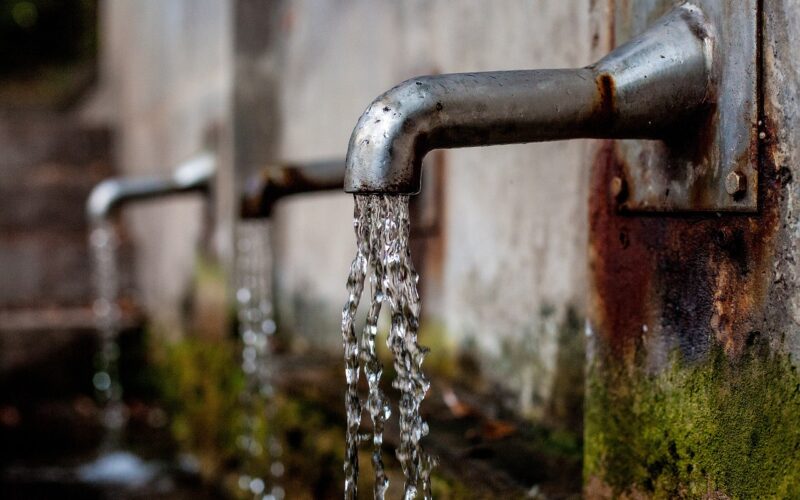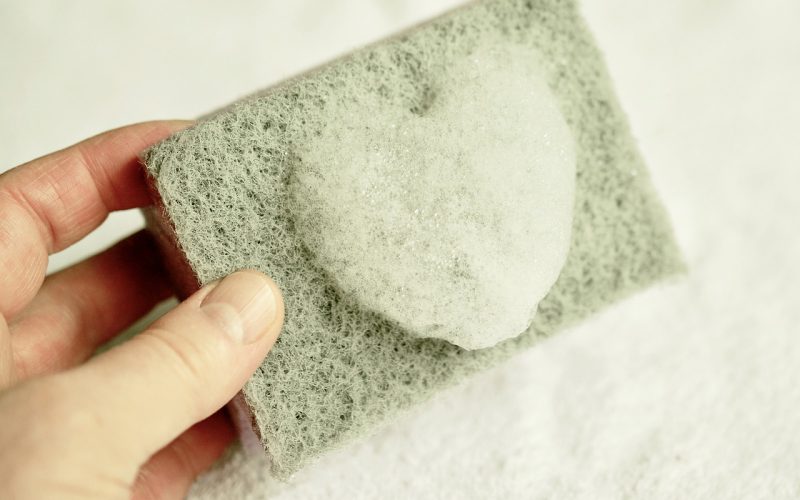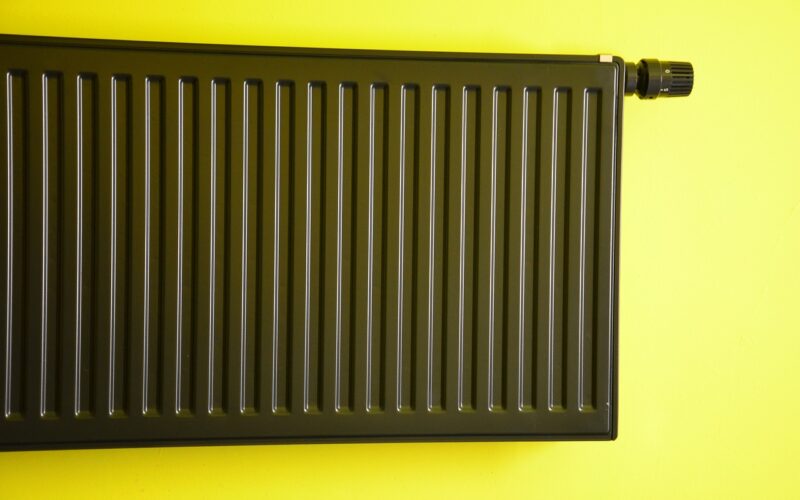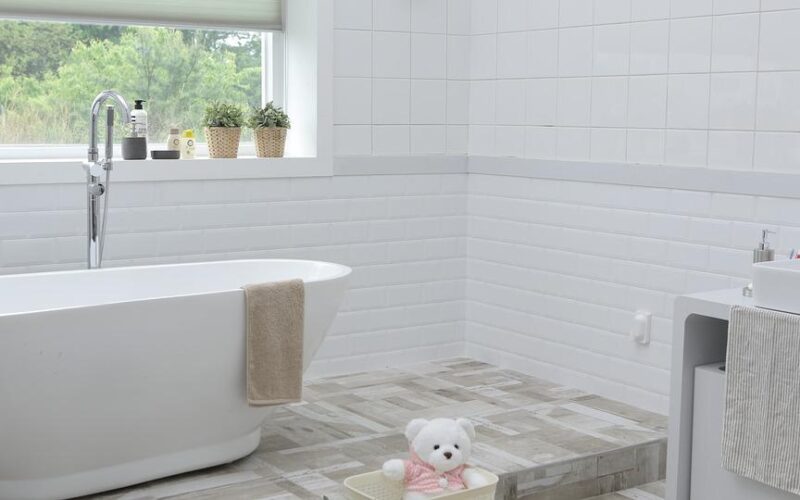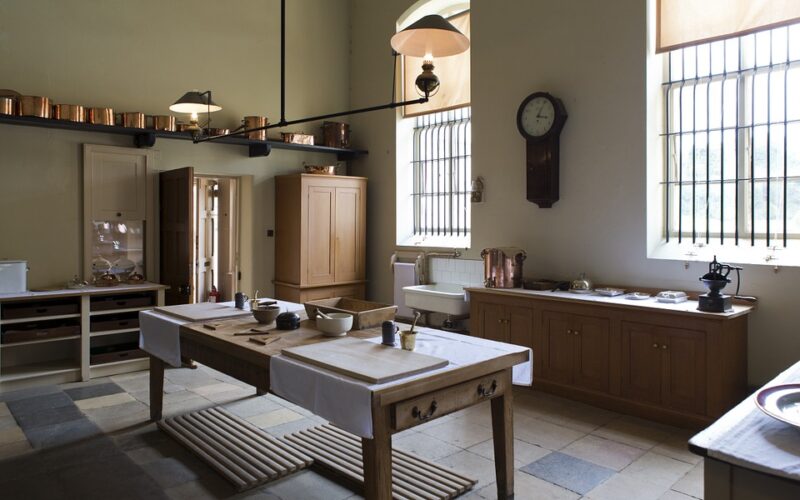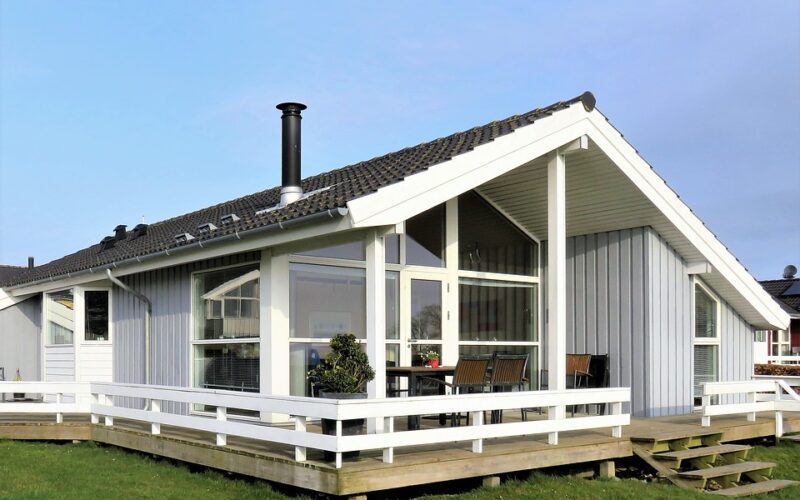The environmental impact of our homes is a topic that is becoming increasingly important. The good news is that there are many ways we can make our homes more environmentally friendly.
One way is by installing a grey water system. This system recycles the non-toilet wastewater from our homes, such as from showers, sinks, and washing machines, and then reuses it for non-potable purposes like flushing toilets, watering plants, or even doing laundry.
By doing this, we save drinking water and reduce the amount of water that needs to be treated at wastewater plants. It's a win-win situation for both the environment and our wallets.
Installing a grey water system is a feasible and practical solution that we can all consider to reduce our environmental impact.
What is a grey water system?
A grey water system is a smart, eco-friendly solution for improving our homes by reducing water usage and saving money on utility bills. So, what exactly is it?
Essentially, a grey water system collects wastewater from sinks, showers, and washing machines, and repurposes it for non-potable uses such as watering plants and flushing toilets.
By diverting this water from the sewage system, less water is wasted and energy is conserved by reducing treatment and pumping costs. In addition to the environmental benefits, installing a grey water system can also be cost-effective and increase property value.
It's a simple yet effective way to make a positive impact on both your home and the planet.
Advantages of installing a grey water system
Installing a grey water system in our homes can bring numerous benefits, not only for the environment, but also for our wallets. Instead of letting usable water go to waste, a grey water system recycles it for irrigation or flushing, reducing our overall water usage and bills.
Additionally, using grey water also reduces the amount of wastewater that needs to be treated, therefore improving the quality of water in our communities.
By installing a grey water system, we can improve our homes and our impact on the environment. It's a win-win situation, both for us and the planet we call home.
Filtration media
Grey water systems are a sustainable and innovative way to recycle used household water and reduce water waste.
To make grey water safe for reuse, filtration media plays a vital role in removing impurities. There are various types of water filtration media available to suit different needs.
Silica sand is one of the most commonly used media in grey water systems due to its affordability and effectiveness in removing particles larger than 20 microns.
Recycled glass is another option that is gaining popularity because it is eco-friendly and can last longer than other media.
When it comes to choosing the right filtration media, it is important to consider factors such as cost, maintenance requirements, and the supplier's reliability.
Maintaining a grey water system
Maintaining a grey water system is an excellent way to improve our homes sustainably and save on water bills.
The first step in the maintenance process is to perform regular checks on the entire system to ensure that it is functioning correctly. This includes inspecting pipes and valves for any corrosion or leaks and ensuring that the filters are cleaned and replaced regularly.
It's also important to note that using gentle, biodegradable soaps and detergents can prolong the lifespan of the system. In addition, making sure that only appropriate water sources, such as sinks and showers, are connected to the grey water system can prevent clogs and the accumulation of harmful chemicals.
By following these simple steps, we can ensure the longevity and efficiency of our grey water systems, making our homes more sustainable, and reducing our carbon footprint.
Uses for filtered grey water
As we become more mindful of the world around us, conservation efforts have become increasingly important, and using filtered grey water in the home is a great step towards this goal.
Grey water is the term used to describe wastewater from showers, sinks, and other household appliances that can be filtered and reused for non-potable purposes like watering plants or flushing toilets.
By implementing grey water filtration systems, we can limit our water usage both inside and outside of the home, reducing our carbon footprint and saving money on our water bills.
Not only is it practical, but it's also an easy way to improve our homes while contributing to a healthier environment.
Reduce your environmental footprint
As we become increasingly aware of the impact of our lifestyles on the environment, more and more people are looking for ways to reduce their environmental footprint.
One effective method is to invest in renewable energy systems, such as solar panels or wind turbines. These systems can provide clean, sustainable energy for our homes and reduce our reliance on fossil fuels.
Another option is to collect rainwater for use in watering plants, flushing toilets, or washing clothes and cars. This reduces the strain on local water systems and can save money on water bills.
Additionally, improving the energy efficiency of our homes can also significantly reduce our environmental impact. This may include installing energy-efficient appliances, upgrading insulation, and sealing air leaks.
By making conscious choices about our energy use and water consumption, we can all make a positive impact on the environment.
